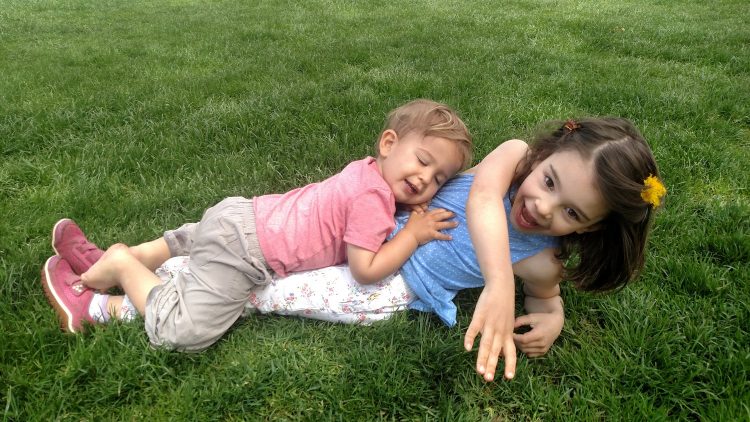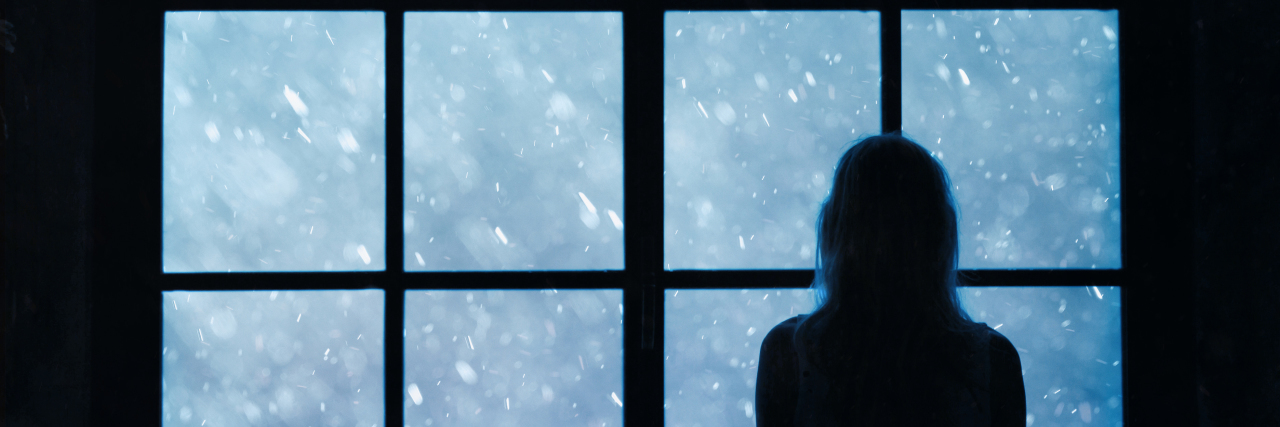I just flipped through Billabong’s Spring Catalog. It made me smile; I felt so light. I wanted to jump into the pages and onto the surfboard, dive through the waves and feel the saltwater on my face, the blazing sun on my skin. I wanted to be that 20-year-old girl walking through the streets of an island town, alone, with a wicker bag over my sunburned shoulder. I remember those days. So carefree. The feeling rushed through my body. I longed for it. We haven’t been on a vacation in forever. Our last trip was to the Bay Area about nine months ago for an intensive neuroplastic therapy for Mila. Not exactly vacation, but we made it fun.
Now I craved going to the beach and playing in the waves with my kids—splashing and laughing. Then my heart sunk, like it often does these days. We could go on vacation, but how much of a toll would the flight take on Mila? The risk of getting sick from coughing passengers could have serious repercussions. And getting to the rental car and driving an hour or two to our condo seemed like too much. Trips wipe out Mila for days. And the noises of normal life are so loud and overwhelming for a child with Batten disease. You can control the volume in your own house, but not on airplanes, in restaurants, or at beaches with crashing waves.
Since Mila’s diagnosis of Batten disease, I sometimes feel like there’s a glass wall between me and the rest of the world. From the outside, it feels like we’re all in the same room — grocery shopping together, strolling down the street together, having a play date snack together. But I don’t feel like I’m in the same world. I see the pane between us. I hear my voice bouncing off the glass. Life around me seems so frivolous, moving along as if nothing happened.
Just the other day I met a mom of a 5-year-old girl with a terminal illness. When I sat with her on my couch, crying about my life and sharing experiences and thoughts, I felt for the first time that she was in my room. There was no glass wall that divided us. I didn’t know her, yet our common life and our common pain, was a stronger bond than I had imagined. She told me she was training for a marathon, that she had been a serious runner years ago and was just getting back into it. But the pain that came with running alone, staying in your head for hours on end, made running less enjoyable and more of a goal to simply get home to her daughter as fast as possible. I could instantly relate. It felt comforting in some strange way.
These days, I don’t leave my house for more than an hour or so to run errands. But the other day, I had to drive to south Denver, and the three hours in the car started with a feeling of liberation, but soon turned to a longing for Mila and Azlan. I just wanted to pull out of the traffic into the emergency lane, and speed back to my house as fast as possible. I hated being away from them.
When I lie in bed at night, with my back pushed up against Mila’s warm little body, I realize there’s only one place I want to be — with my kids. I still get tired by the end of the day, like every parent who stays at home with their kids, but I can never get enough of them. The way I laugh with them when we play, the way I feel their energy through my hands when I rub their backs, the way I breathe in their life when I pull my face close to theirs as they fall asleep — it’s something I’m not sure I ever would have been able to experience if it weren’t for our reality. It’s a little gift in the midst of the darkness that surrounds us.


